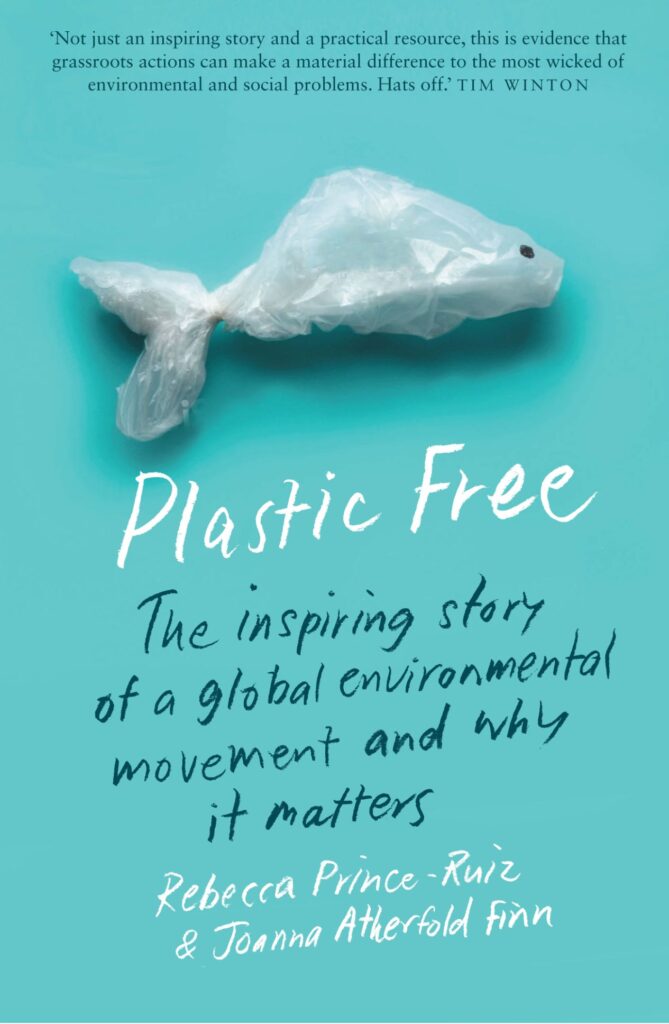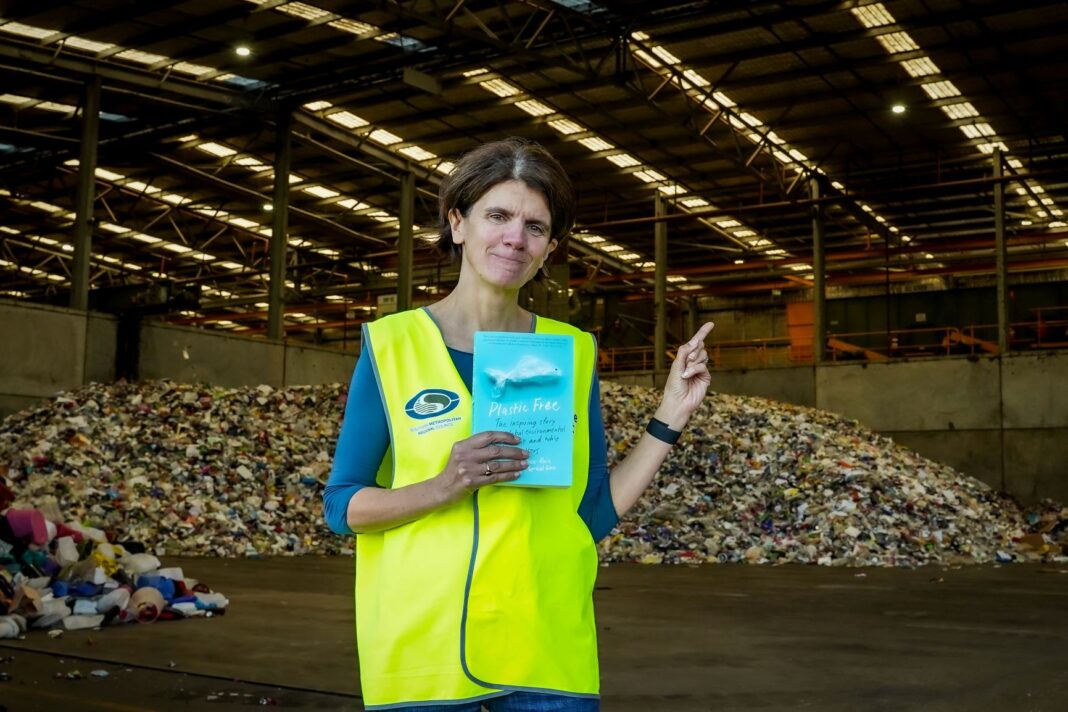Rebecca Prince-Ruiz is the founder of Plastic Free July, a grassroots movement that started in 2011 and has since become a global phenomenon. She’s written a book, Plastic Free, alongside Joanna Atherfold Finn, about the movement, how it has grown, and why it’s still important.
1. How has Plastic Free July evolved since its first iteration in 2011?
Plastic Free July has grown beyond anything I could imagine back in 2011. It was just a handful of people making an informal effort to reduce single-use plastics in their lives at a time when this wasn’t the topic of conversation it is now, and alternatives and solutions were difficult to find. Through sharing ideas and supporting each other, we found lots of solutions and the idea caught on and grew by word of mouth and online to become one of the world’s biggest environmental movements – it’s testimony to the power of grassroots change.

2. What’s on the horizon for Plastic Free July moving forward?
Moving forward for Plastic Free July we would like to grow the awareness and uptake of the campaign to an even wider audience and get people across Australia participating and together making a difference. Other future initiatives include developing materials for a plastic free schools challenge because July isn’t an ideal month for schools and we have so much interest from them, as well as translating our resources into other languages so that the diversity of the campaign reflects the diversity of our participants.
3. What would you like to see from governments with regards to the production and disposal of single-use plastics in Australia?
I would like to see governments continue to introduce legislation such as container deposit schemes, which require extended producer responsibility for the lifetime of plastic packaging. They need to require minimum mandated recycled content in plastic packaging and other products; this sets a level playing field for business and also supports the recycling industry. Alongside this, they should also consider banning particularly problematic plastic items such as plastic microbeads and polystyrene food packaging.
4. How far do you think we’ve come from the ‘throwaway living’ that began in the 1950s? How far do you think we have to go?
I think we’re only now just beginning to realise just how much of a throwaway society that we have become. In the 1950s we were taught how to throw away single-use plastic items, and over the next 50 years the production and consumption grew so quickly it got to the point where we didn’t even notice it anymore. Over the last 10 years I think the plastic pollution crisis and the challenges facing our recycling industry have given us all a big wakeup call and we’re now just starting to realise the impact of our choices. We have a long way to go and there is much to do but I feel confident that there is enough momentum now to ensure that change happens.
5. A big driver of single-use plastics is convenience – what’s your number one tip for time-poor people who want to reduce their plastic use?
Be organised! Plan your meals and reduce your food waste as well as your plastic waste, and remember your reusables.



